Two papers on digital consumption co-authored by Dr Janice Denegri-Knott have been selected to appear in the Journal of Marketing Management’s new Editor’s Choice collection on digital consumption, and will be available free online until the end of November, 2016.
Redistributed consumer desire in digital virtual worlds of consumption
In this paper we discuss and illustrate how the use of software available in digital virtual worlds of consumption, including wish lists, watch lists and digital virtual goods (DVGs) interact with consumer desiring practices. We draw on a data set of three interpretative studies with technology users living in the South of England. We note the emergence of software-human desiring hybrids where various aspects of competence in and commitment to desire construction, maintenance and actualisation are distributed between subject and software, leading to new configurations of consumer desire. We bring to the fore the often neglected role of nonhuman agents in the practice of consumer desire and highlight the potential breaks caused in the assemblage of the practices unfolding in digital virtual worlds of consumption. Our study shows new ways in which consumer desire practices are re-assembled in software-human hybrids, thereby enhancing our understanding of the role of nonhuman agents (software) in consumer desire practices. It also contributes a finer understanding on how software used in the construction and actualization of desire ultimately reconfigure consumer desire practices into a management process, where the focus is not daydreaming activity or material commodities per se, but rather the software itself. Here, the software not only presents things to be desired, but also absorbs some of the skill and competence needed to conjure up desire. Ultimately these configurations appear to create breaks in the experience of desire that weaken the hold previously binding consumers to objects of desire.
This theoretical article highlights limitations in the current trend towards dichotomising full ownership and access-based consumption by recognising a broader, more complex array of ‘fragmented’ ownership configurations in the context of digital virtual goods (DVGs). In challenging this dichotomy, we recognise that the relationship between ownership and possession becomes particularly significant. We therefore consider how prominent DVG ownership configurations may shape the way in which possession is assembled, potentially reducing consumers’ scope of action relative to DVGs and leaving possession susceptible to disruption. Conversely, we acknowledge ways in which consumers’ continued attempts at possession may impinge upon the agency of ownership mechanisms within the market. Our analysis ultimately builds upon existing understandings of both ownership and possession, theorising their often overlooked relation in consumption.
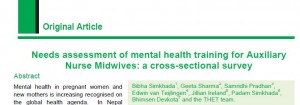

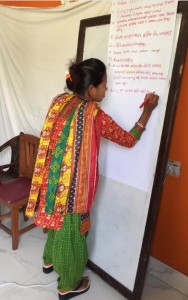
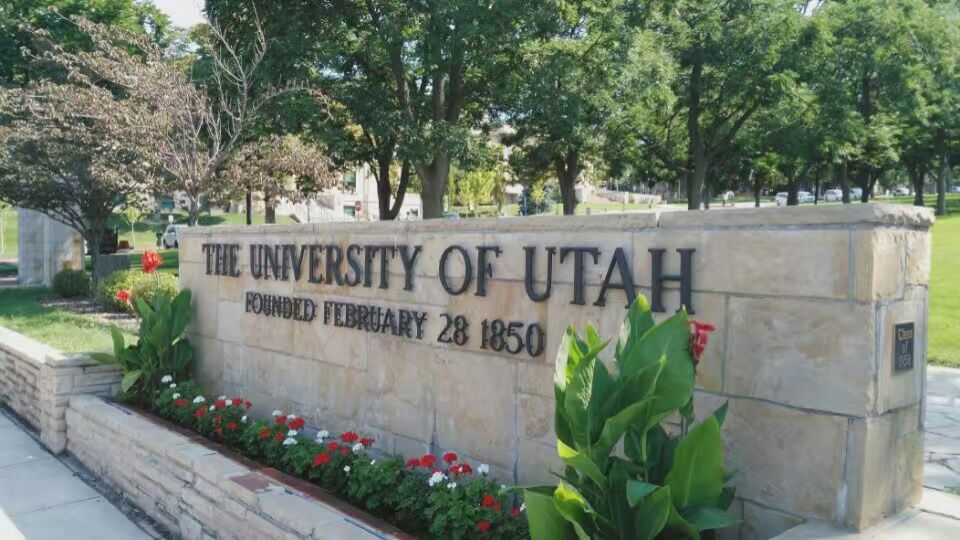
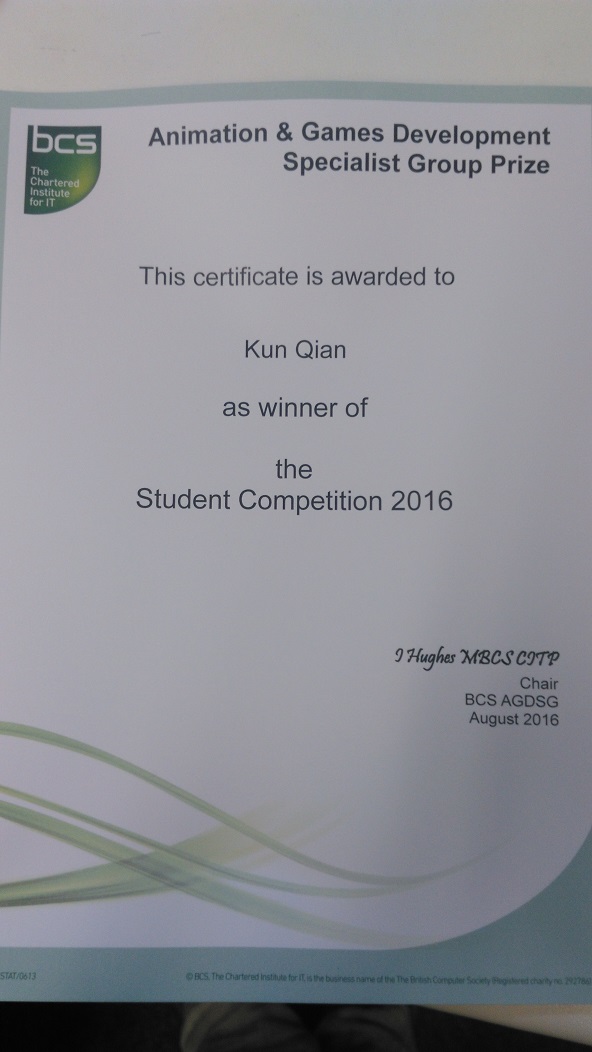
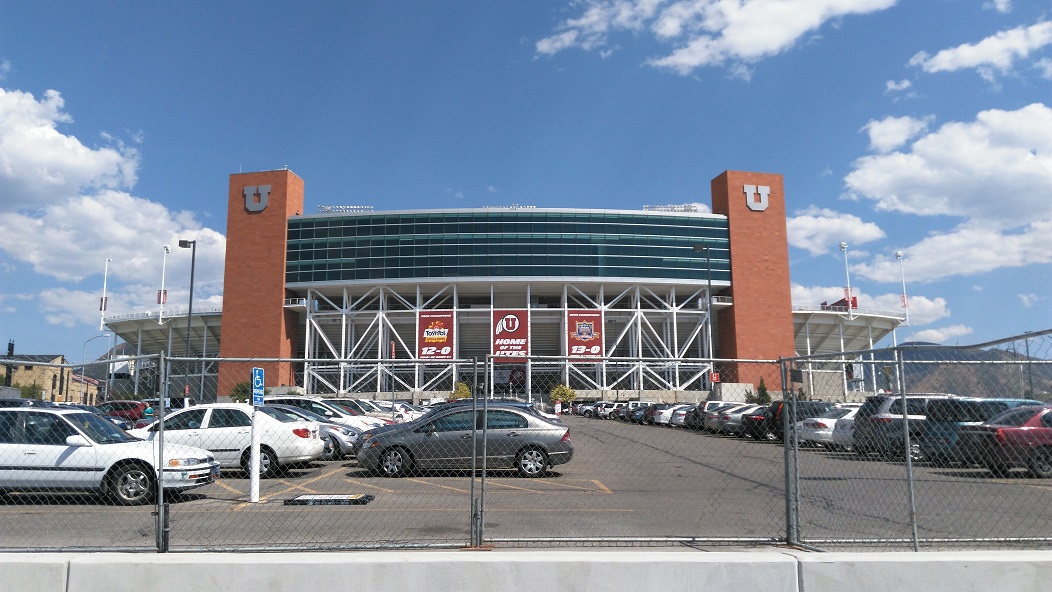
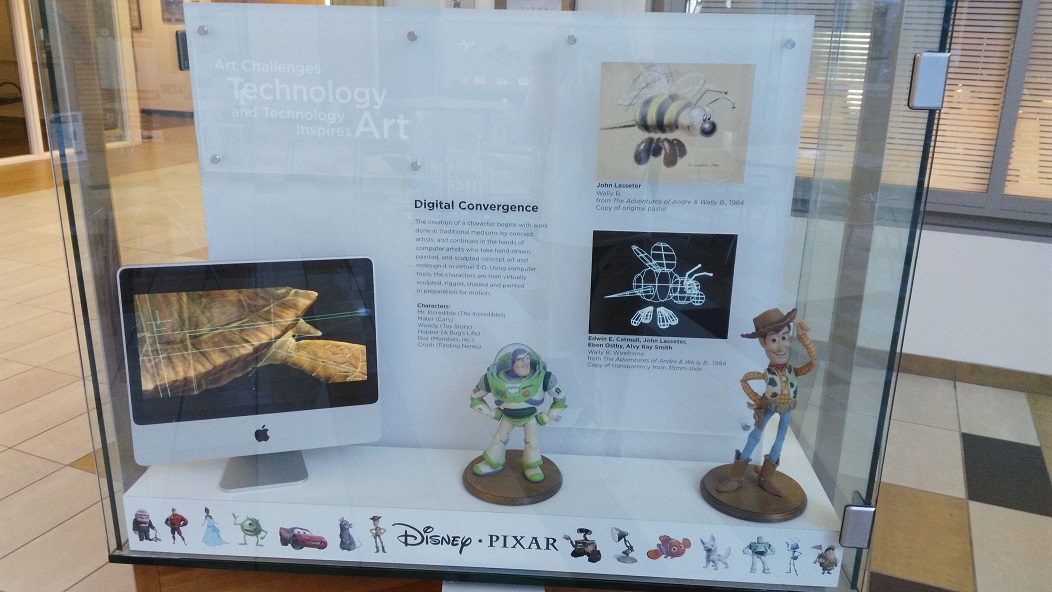
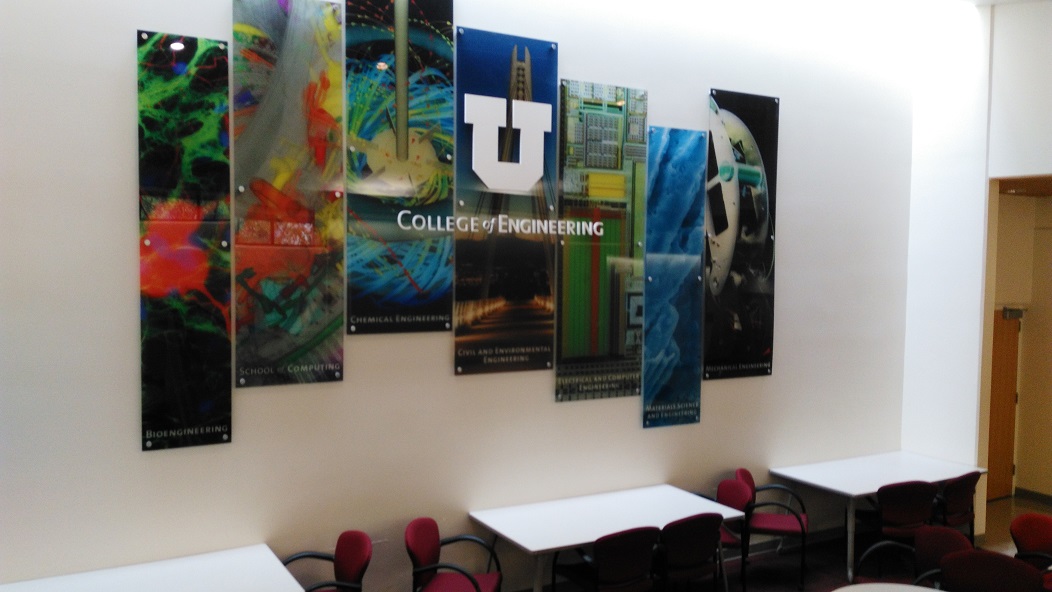
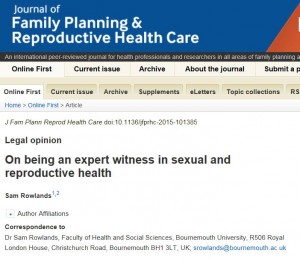
 On Tuesday 4th October 2016 we will be joined by Lindy Holden-Dye, who is a Professor of Neuroscience at the University of Southampton.
On Tuesday 4th October 2016 we will be joined by Lindy Holden-Dye, who is a Professor of Neuroscience at the University of Southampton.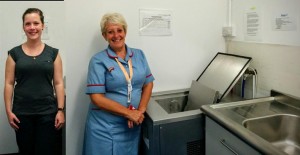 Most of you have probably heard/read about human milk banking by now from me or my previous posts, if not read
Most of you have probably heard/read about human milk banking by now from me or my previous posts, if not read 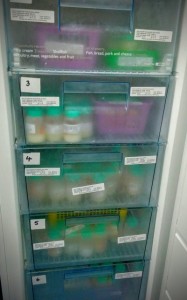
 If you would like to find out more about human milk banking in the UK or want to become a human milk donor visit the UK Association for Milk Banking website at
If you would like to find out more about human milk banking in the UK or want to become a human milk donor visit the UK Association for Milk Banking website at 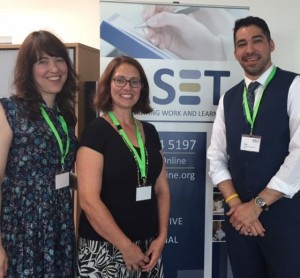 At the recent annual ASET AGM and Conference at the University of York, FMC Placement Advisor and CEMP doctoral student Vianna Renaud was elected onto the Trustee board of the organisation. As the professional association for work based and placement learning in HE within the UK, this will help ensure that BU will continue to be at the forefront of the sector.
At the recent annual ASET AGM and Conference at the University of York, FMC Placement Advisor and CEMP doctoral student Vianna Renaud was elected onto the Trustee board of the organisation. As the professional association for work based and placement learning in HE within the UK, this will help ensure that BU will continue to be at the forefront of the sector.
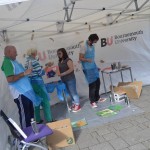













 FHSS academics teaching in Nepal
FHSS academics teaching in Nepal New weight change BU paper
New weight change BU paper One week to go! | The 16th Annual Postgraduate Research Conference
One week to go! | The 16th Annual Postgraduate Research Conference Geography and Environmental Studies academics – would you like to get more involved in preparing our next REF submission?
Geography and Environmental Studies academics – would you like to get more involved in preparing our next REF submission? Congratulations to three former BU staff
Congratulations to three former BU staff MSCA Staff Exchanges 2024 Call – internal deadline
MSCA Staff Exchanges 2024 Call – internal deadline Applications are now open for 2025 ESRC Postdoctoral Fellowships!
Applications are now open for 2025 ESRC Postdoctoral Fellowships! Horizon Europe – ERC CoG and MSCA SE webinars
Horizon Europe – ERC CoG and MSCA SE webinars MaGMap: Mass Grave Mapping
MaGMap: Mass Grave Mapping ERC grants – series of webinars
ERC grants – series of webinars